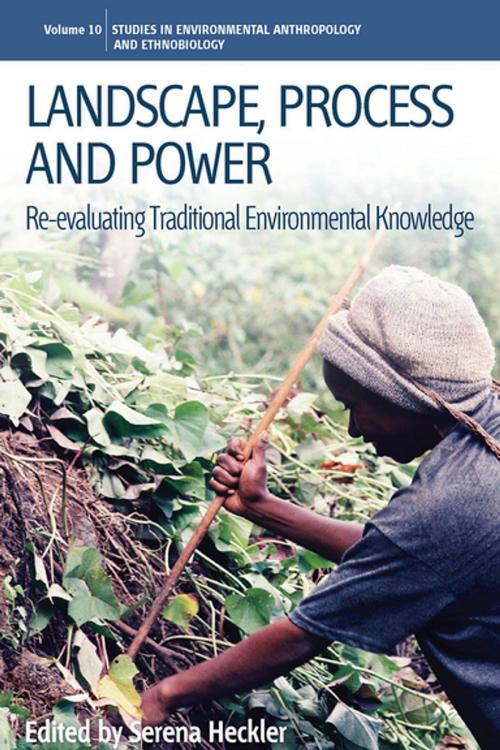Landscape, Process and Power
Re-evaluating Traditional Environmental Knowledge
Nonfiction, Social & Cultural Studies, Social Science, Anthropology| Author: | ISBN: | 9781845459048 | |
| Publisher: | Berghahn Books | Publication: | April 1, 2009 |
| Imprint: | Berghahn Books | Language: | English |
| Author: | |
| ISBN: | 9781845459048 |
| Publisher: | Berghahn Books |
| Publication: | April 1, 2009 |
| Imprint: | Berghahn Books |
| Language: | English |
In recent years, the field of study variously called local, indigenous or traditional environmental knowledge (TEK) has experienced a crisis brought about by the questioning of some of its basic assumptions. This has included reassessing notions that scientific methods can accurately elicit and describe TEK or that incorporating it into development projects will improve the physical, social or economic well-being of marginalized peoples. The contributors to this volume argue that to accurately and appropriately describe TEK, the historical and political forces that have shaped it, as well as people’s day-to-day engagement with the landscape around them must be taken into account. TEK thus emerges, not as an easily translatable tool for development experts, but as a rich and complex element of contemporary lives that should be defined and managed by indigenous and local peoples themselves.
In recent years, the field of study variously called local, indigenous or traditional environmental knowledge (TEK) has experienced a crisis brought about by the questioning of some of its basic assumptions. This has included reassessing notions that scientific methods can accurately elicit and describe TEK or that incorporating it into development projects will improve the physical, social or economic well-being of marginalized peoples. The contributors to this volume argue that to accurately and appropriately describe TEK, the historical and political forces that have shaped it, as well as people’s day-to-day engagement with the landscape around them must be taken into account. TEK thus emerges, not as an easily translatable tool for development experts, but as a rich and complex element of contemporary lives that should be defined and managed by indigenous and local peoples themselves.















